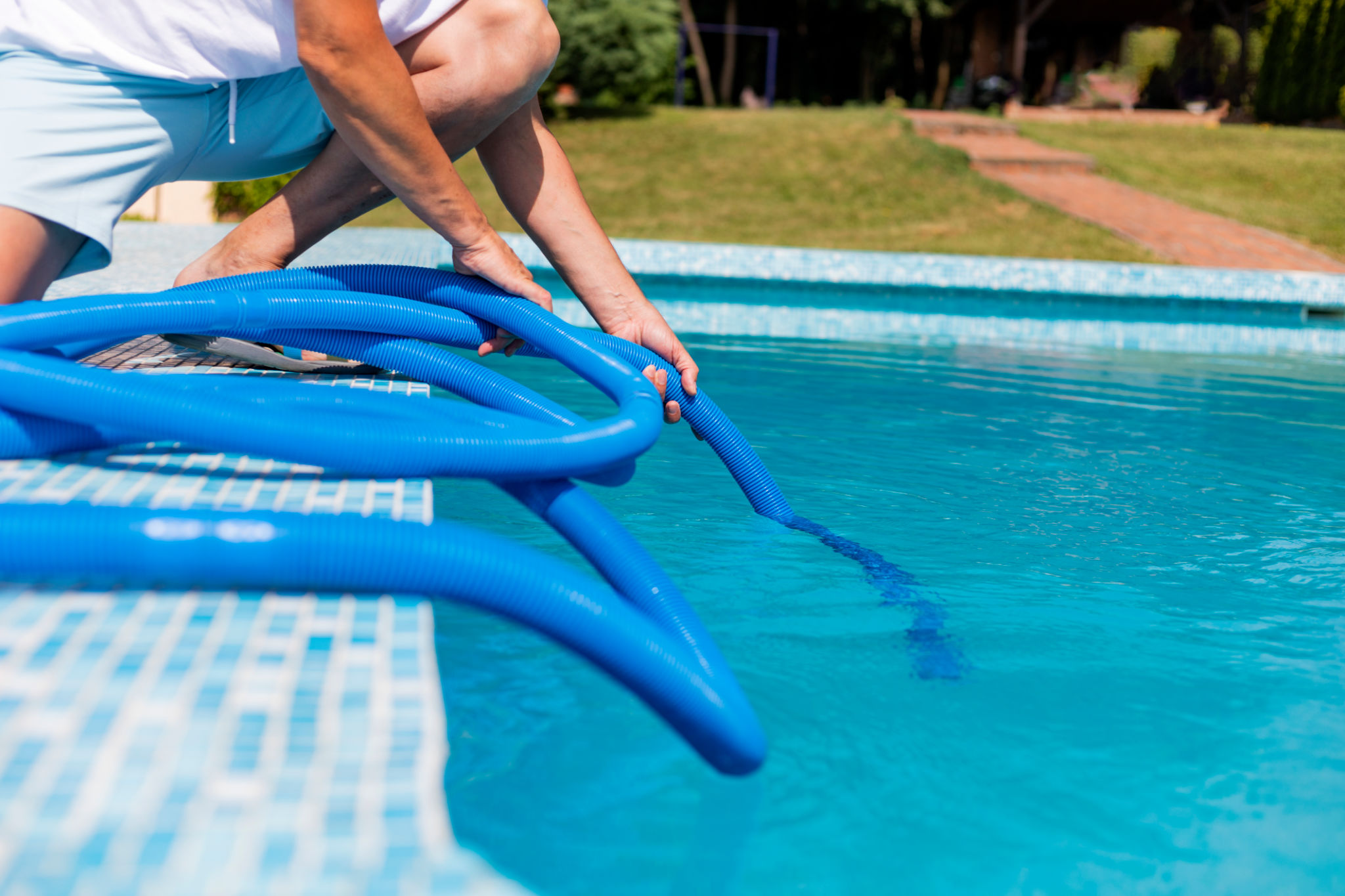Winterizing Your Pool: Essential Tips for Plant City, FL Residents
As the cooler months approach, Plant City, FL residents must consider preparing their swimming pools for winter. Even in Florida's mild climate, taking the right steps to winterize your pool can save you time and money when spring rolls around. Here’s a comprehensive guide to help you through the process.
Why Winterizing is Important
Winterizing your pool is crucial to maintaining its longevity and ensuring it remains in top condition year-round. While Plant City doesn't experience freezing temperatures, cooler weather can still affect the water chemistry and overall pool health. Proper winterization prevents algae growth, protects the pool equipment, and reduces maintenance needs.

Balancing the Water Chemistry
Start by testing your pool water and adjusting the chemicals to ensure they are at optimal levels. This includes checking pH, alkalinity, calcium hardness, and chlorine levels. Properly balanced water helps protect the pool surface and equipment from damage.
Steps to Balance Your Pool Water
- Check and adjust the pH level to 7.2-7.6
- Maintain alkalinity between 80-120 ppm
- Ensure calcium hardness is within the 200-400 ppm range
- Keep chlorine levels at 1-3 ppm

Cleaning and Covering the Pool
Thoroughly clean your pool by skimming debris, brushing the walls and floor, and vacuuming. This will prevent stains and reduce the chance of algae growth over the winter months. Once clean, consider investing in a quality pool cover to keep out debris and minimize water evaporation.
Choosing the Right Pool Cover
A good pool cover will fit snugly and be made of durable material to withstand the elements. Consider options like mesh or solid covers based on your preference for debris protection versus ease of use.

Protecting Your Pool Equipment
It’s essential to safeguard your pool equipment during winter. Start by backwashing and cleaning the filter thoroughly. Lower the water level below the skimmer to prevent overflow during heavy rainfalls. Disconnect and store any removable equipment like ladders and pumps safely.
Winterizing Pool Pumps and Filters
After cleaning, ensure all water is drained from pumps, heaters, and filters to avoid corrosion or damage. If necessary, use a blower to remove excess water from the plumbing lines.
Maintaining Your Pool Throughout Winter
Even after winterizing, regular checks are necessary to maintain your pool’s condition. Inspect the water level, clean any debris from the cover, and monitor chemical levels monthly. Keeping an eye on these factors ensures your pool is ready for use when warmer weather returns.
By following these essential tips for winterizing your pool, you can protect your investment and enjoy a hassle-free start to next year’s swimming season. Proper preparation now means less work later, allowing you more time to soak up the sun as soon as spring arrives in Plant City.
